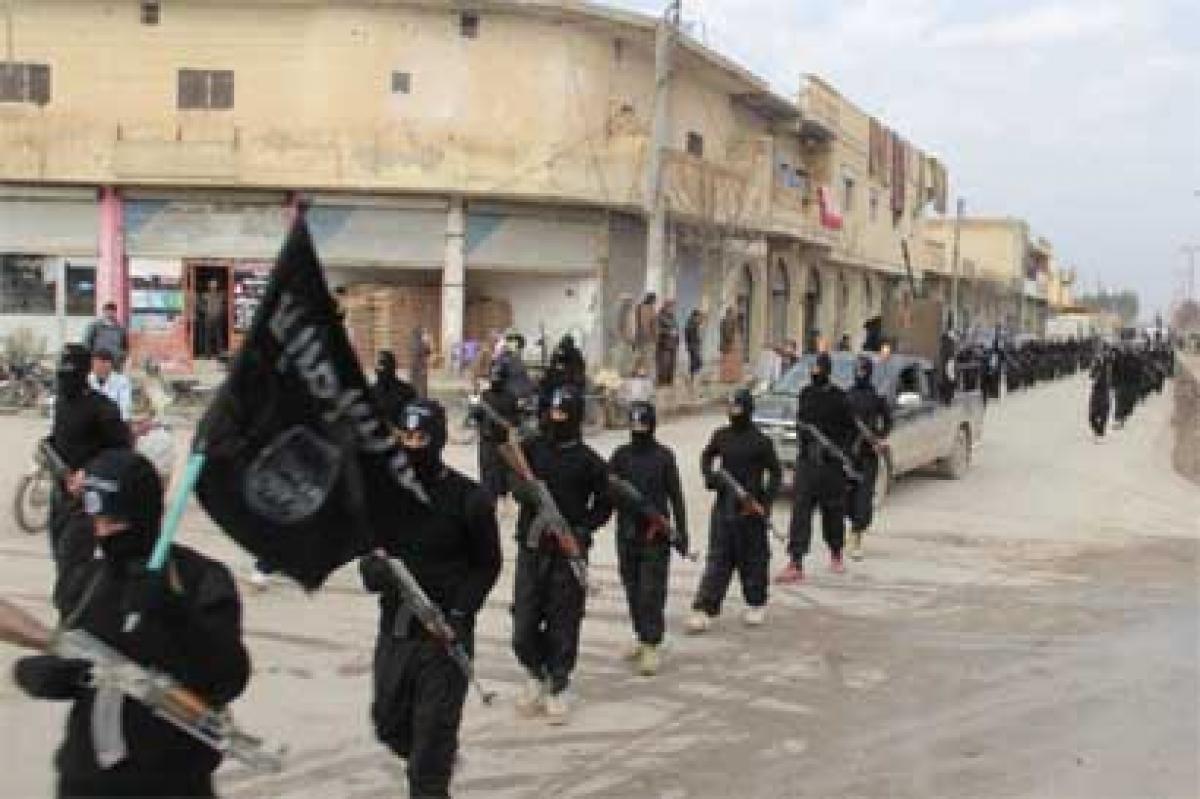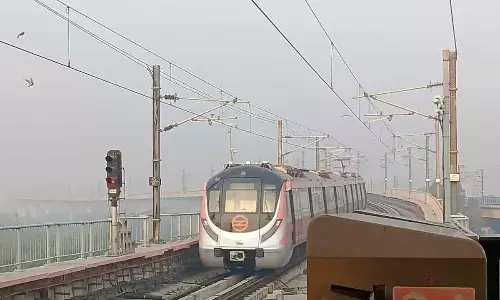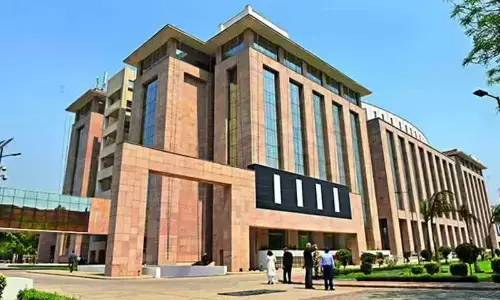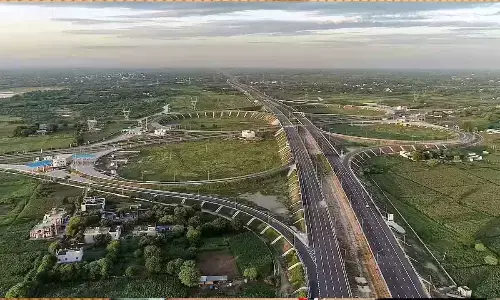Did ISIS receive bomb parts made in India?

Seven Indian companies are among those from 20 countries named in a list whose components were used by the Islamic State (IS) terrorist group to make explosives, a EU-mandated study on Thursday said, suggesting that more work needs to be done to track the flow of chemicals and other items to the terror group.
Seven Indian companies are among those from 20 countries named in a list whose components were used by the Islamic State (IS) terrorist group to make explosives, a EU-mandated study on Thursday said, suggesting that more work needs to be done to track the flow of chemicals and other items to the terror group.
The study by Conflict Armament Research (CAR) showed that 51 companies from 20 countries such as Turkey, India, Brazil, and the US produced, sold or received the over 700 components used by IS to build improvised explosive devices (IEDs).Turkey topped the list of countries with a total of 13 firms involved in the supply chain.
It was followed by India with seven companies, CAR said in a state ment. The study was completed in 20 months. Seven Indian companies manufactured most of the detonators, detonating cord and safety fuses. Under Indian law, transfer of this material requires a licence. Those were all legally exported under government-issued licenses from India to entities in Lebanon and Turkey, the CAR said. According to the report, the terror group mostly uses Nokia 105 mobile phone for remote detonation.
Companies from Brazil, Romania, Russia, the Netherlands, China, Switzerland, Austria and Czech Republic were also involved, it said.
The study said that governments and firms need to do more to track the flow of cables, chemicals and other equipment. CAR's executive director James Bevan said, “these findings support growing international awareness that IS in Iraq and Syria are very much self-sustaining -acquiring weapons and strategic goods, such as IED components, locally and with ease“.
The report said that CAR gained access to the components through partners including the US backed Kurdish YPG in Syria, the Iraqi Federal Police, the Kurdistan Region Security Council and forces of the Kurdistan Regional Government. These components were seized during battles in the Iraqi towns of al Rabia, Kirkuk, Mosul, and Tikrit and the Syrian town of Kobani.




